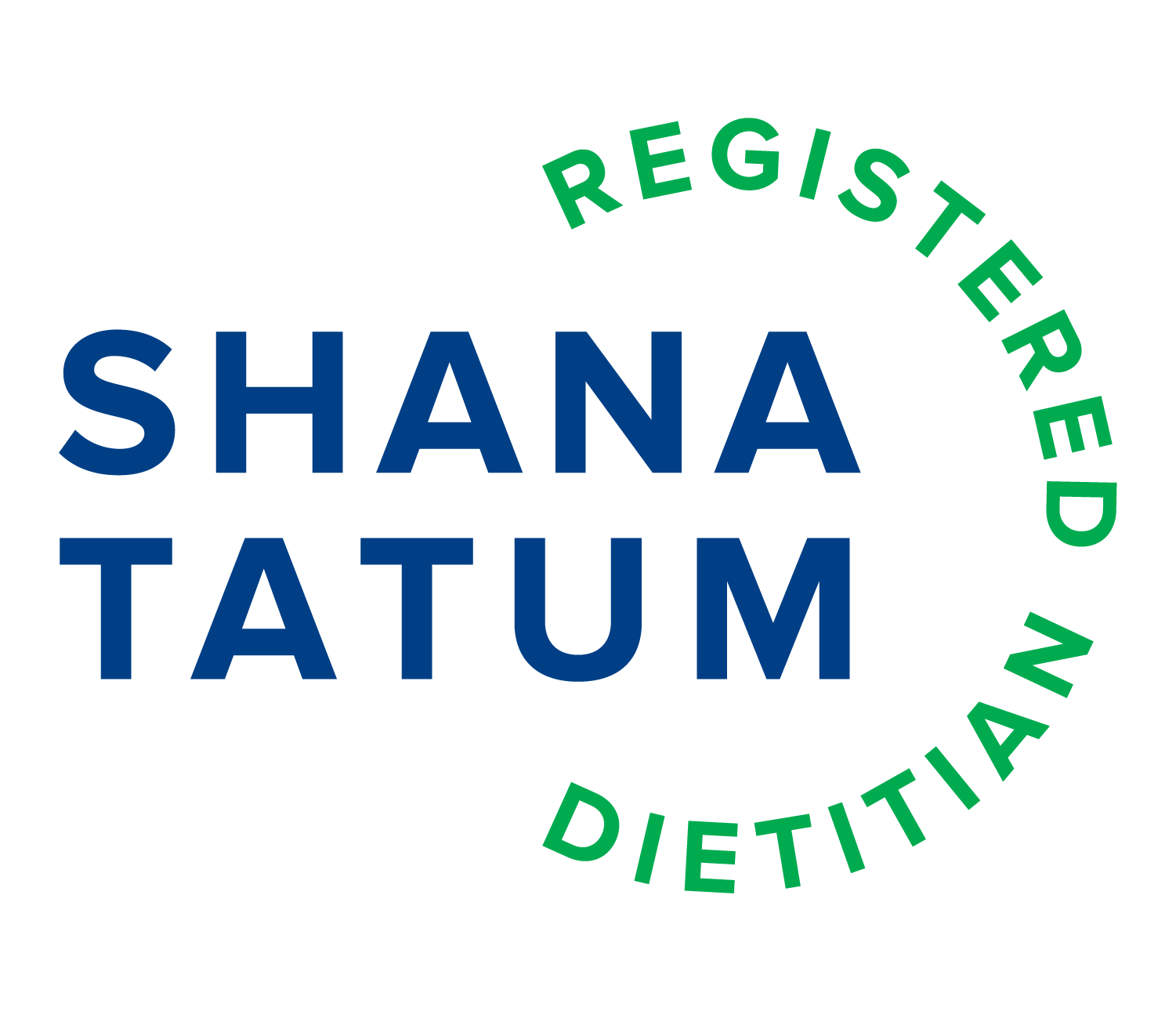Dietary Supplements
Photo by Raimond Klavins
Oftentimes, patients will come to the office with a bag of supplements in tow and ask the question “are these are okay to take?”. In many cases, they were recommended by a celebrity who posted about their benefits on Instagram, Tiktok or Facebook. While these choices may have some merit, understanding what and why you are buying is important. Not only to support the deficiency you believe you have, but also to avoid adding contaminants and negative ingredients you may unknowingly introduce to your body.
Any of my patients will tell you we talk about food first as a means to get your nutrients. There are times when short term supplementation is necessary. Like when the individual is in a deficient state or for non-nutrient support such as botanicals or enzymes. The intention of supplementation is to provide what is missing through the diet and to provide added support with supplements specifically tailored to what we know is deficient. This can be determined with laboratory testing and can be especially useful if chronic fatigue or stubborn weight loss is a problem.
While the FDA does not directly regulate supplements and nutraceuticals, they have been monitoring it since the first Food and Drug act of 1906. Standards such as the current Good Manufacturing Practices are basic guidelines that make manufacturers responsible for establishing ingredient specifications. Encouraging that the ingredients listed on the label are actually in the supplement. Adverse events from supplement intake are not commonly reported between governmental interagencies.
Tips for choosing a supplement :
Look for one that has been 3rd party tested. This testing assures quality, purity and efficacy. Heavy metals often are found in cheap supplements.
Use caution when ordering from big online retailers. They could be counterfeit, expired or damaged.
In addition to the current Good Manufacturing Practices (cGMP) standards, look for U.S. Pharmacopeia (USP) standards.
Research the company to be sure they are reputable, offer a contact customer service number and use independent 3rd party testing.
Ask for a Certificate of Analysis to ensure potency in your product.
Many of the deficiencies commonly seen are magnesium, omega 3 fatty acids and vitamin D. Asking for serum testing of these nutrients can be helpful.
Magnesium
Needed for over 300 enzyme reactions in the body. Most notably the production of energy and for muscle contraction.
As a major mineral, needs are higher compared to trace minerals such as zinc and iron.
It can be found in leafy greens, whole grains, nuts, seeds and beans.
Important forms to consider for supplementation are glycinate, citrate or threonate depending on your specific need.
Omega 3 Fatty Acids
Essential fatty acids are long chain fatty acids that we are unable to make in the body and must acquire from the diet.
EPA and DHA have been shown in the research to be protective against cardiovascular disease and can lower triglycerides.
Fatty fish such as SMASH - sardines, mackerel, anchovies, salmon and herring are good sources.
Plant sources also can be utilized albeit with a lower conversion rate - flaxseed oil, walnut oil as well as flax, hemp, and chia seeds as well as walnuts.
For supplementation, it is very important to choose a brand that tests for mercury.
Consider a 1.5:1 ratio of EPA:DHA.
Vitamin D
This important nutrient us actually a hormone that converts sunlight by receptors in the skin.
It is required for metabolism, immune health, and prevention of neurodegeneration.
It can be found in the diet in eggs, fatty fish, and mushrooms.
For cardiovascular health consider taking vitamin D with K2. This can be a conversation with your doctor to be sure your dose is right.
Consultation with a medical professional is advised before you begin a supplementation program. Nutrient interactions occur and should be monitored.
Some resources for you to learn more about dietary supplements:
Consumer Lab (individual product evaluation, recalls, free newsletter but access to most of the site requires a membership): https://www.consumerlab.com/
Interaction checkers: https://www.drugs.com , https://reference.medscape.com/drug-interactionchecker, https://naturalmedicines.therapeuticresearch.com/
Linus Pauling Institute (summaries of research and micronutrients along with a free newsletter): https://lpi.oregonstate.edu
Where to submit adverse event reports? CAERS Safety Reporting Portal: https://www.safetyreporting.hhs.gov/SRP2/en/Home.aspx?sid=5221c5ae-63c6-47dc-b402-c8f22e9266d7
Dietary Supplement Fact Sheet – National Institutes of Health Office of Dietary Supplements https://ods.od.nih.gov/factsheets/list-all/

